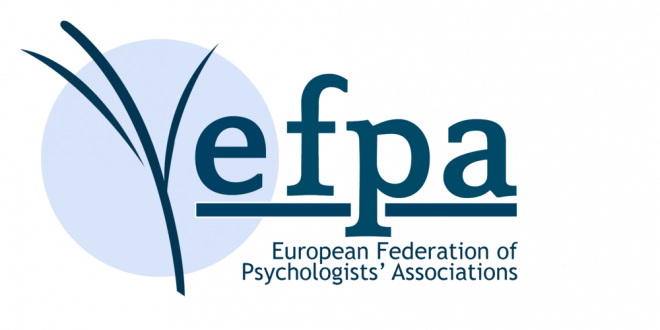Webinar 4: Ethical issues in conducting research involving minors - an analysis of the ethical guidelines
Presenter
Elisabeta Ioana Hiriscau, PhD, MSc
Member Board of Ethics, EFPA
Assist. Professor, Nursing Department, University of Medicine and Pharmacy “Iuliu Hatieganu” Cluj-Napoca, Romania
Clinical psychologist (Specialist), ICU Department, Clinical Municipal Hospital, Cluj-Napoca, Romania
Hirișcău Elisabeta Ioana is a doctor in medical sciences, she holds the position as Assist. Professor at the Faculty of Medicine, Nursing department, University of Medicine and Pharmacy "Iuliu Hațieganu" Cluj-Napoca, Romania.
After academic education (Bachelor in Science in Philosophy, and Psychology, Master of science in Psychology, and PhD in Medicine) she was specialized in clinical psychology, research ethics, clinical ethics, and nursing. She was appointed 2019 the representative of Romanian Psychologists’ Association in EFPA Board of Ethics.
She was involved in a research ethics project, granted by Botnar Foundation within Medical Faculty of the University Basel, Switzerland, under the supervision of Prof. Dr. Stella Reiter-Theil during 2011-2014.
She contributed to the Kick-Off Meeting of the EU FP7 FemNat-CD Neurobiology and Treatment of Adolescent Female Conduct Disorder: The Central Role of Emotion Processing (Grant Agreement no. 602407, Collaborative Project/ Small or Medium Scale) as representative of the ethical advisor Prof. Dr. Stella Reiter-Theil (2013).
During 2014-2017 she was appointed ethical advisor to a Marie-Curie Fellowship Project - "Antibody-responses to Helicobacter pylori and tumor proteins as biomarkers for early gastric cancer" (number 627794; Acronym HELICOMARK).
May 2016 she was lecturer and coordinator of the international course “Ethics of the Pediatric Research” to the University of Padova, Italy, within the Master of Bioethics Erasmus Mundus.
Short summary about the presentation
Title: Ethical issues in conducting research involving minors - an analysis of the ethical guidelines
The starting point of the work has been the discussion and reflection of a large and prominent FP7 research project (SEYLE) dedicated to help empowering and saving young lives in Europe. This project was carried out with children and adolescents with the help of schools and teachers in order to study the effectiveness of preventive interventions for risk-taking behavior and suicidal attempts. Due to the vulnerable nature of the involved minors, the project required ethical reflection; Prof. S. Reiter-Theil has been serving as ethical advisor to the project.
The BOTNAR-project allowed to follow-up with open – ethical – questions applying a casuistic approach of analysis. A first step was to identify components of “normative research ethics” in different countries of Europe as expressed in (ethics) codes, guidelines, legal instruments etc., used for orientation in research with minors (and in psychiatry/psychology). The codes and guidelines were searched worldwide, but a special emphasis has been placed on EU central and Eastern European countries. The next was the analysis of the results of the above, especially developing categories of the themes that were (descriptively) addressed in existing guidance documents for research with minors (and other vulnerable populations) in medicine, psychiatry and psychology, and identifying any themes that should (normatively) be covered, but have been not.
